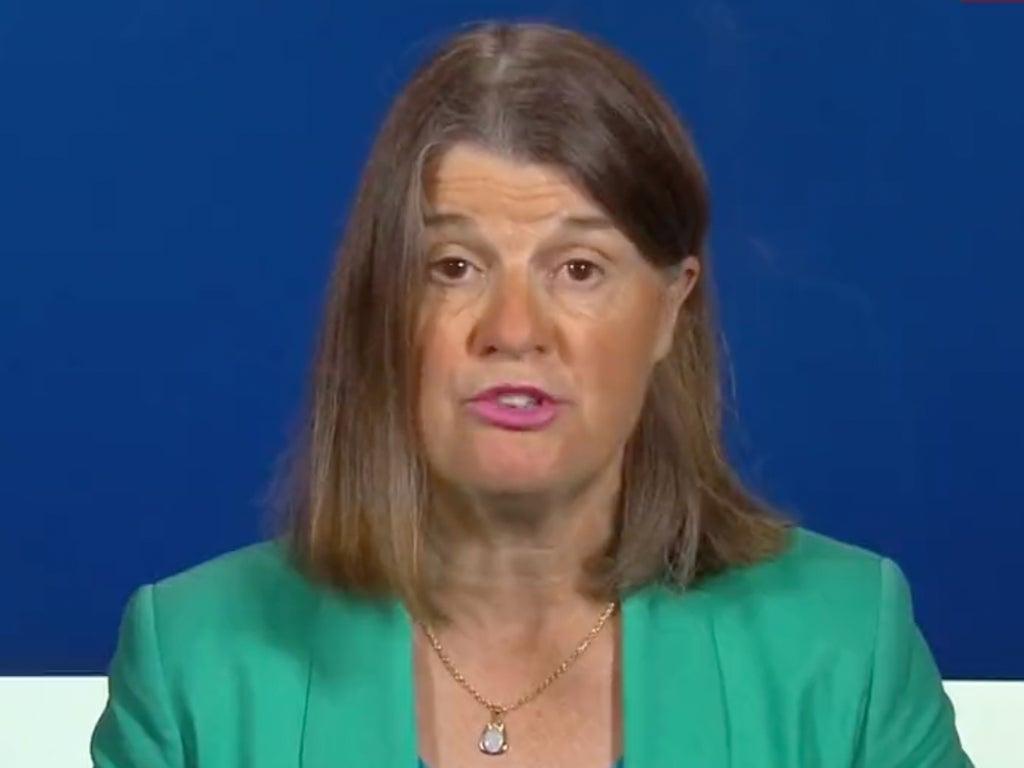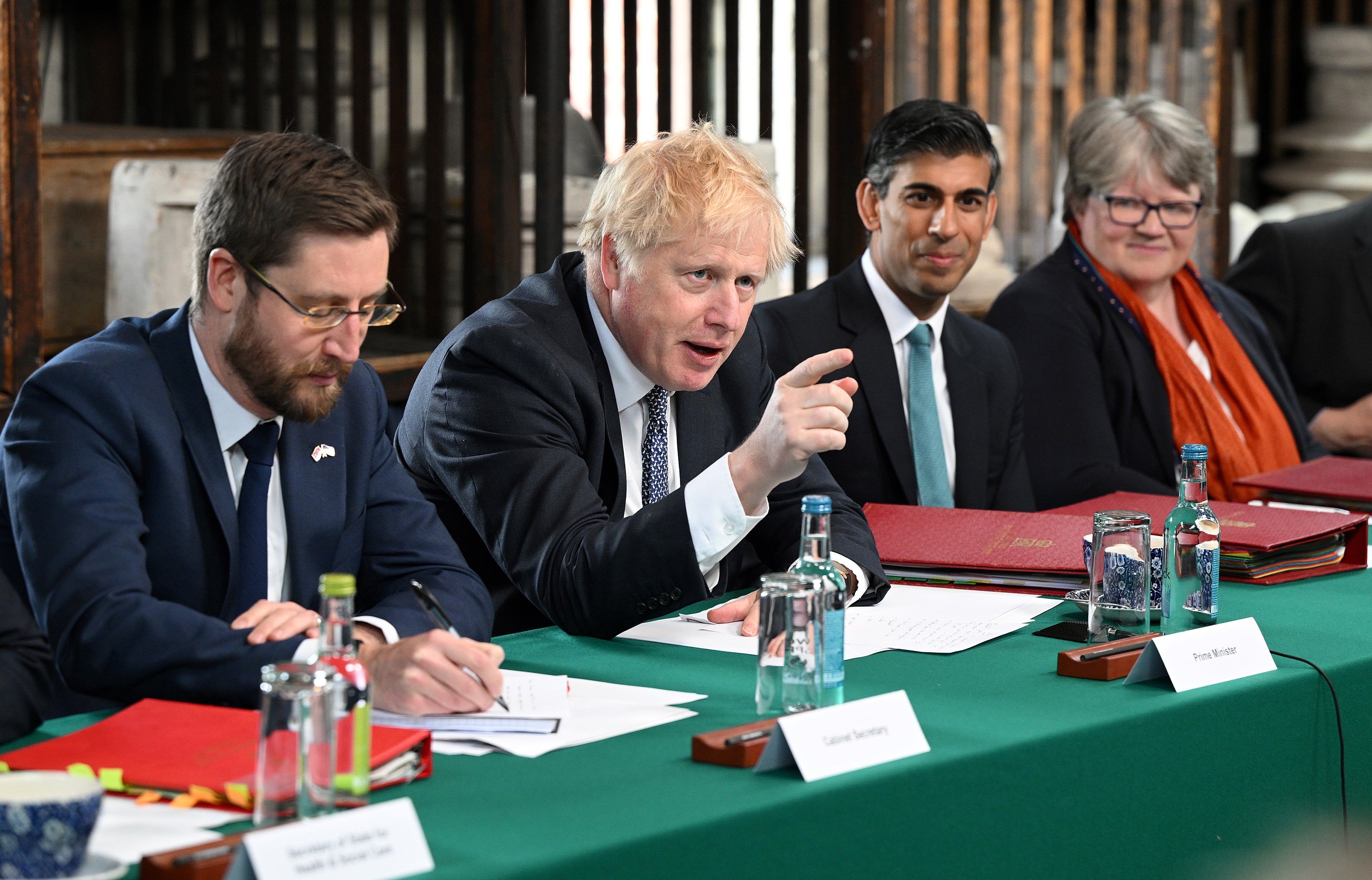
Britons struggling with the cost of living crisis should consider taking on more hours at work or moving to a better job, a minister in Boris Johnson’s government has said.
Home Office minister Rachel Maclean said the government wanted to see people help themselves more in the long-term – arguing that they could use their local job centre in a bid to boost their pay.
“Over the long-term we need to have a plan to grow the economy and make sure that people are able to protect themselves better – whether that is by taking on more hours or moving to a better-paid job,” she told Sky News.
The remarks come as it emerged that Ms Maclean claimed just over £213,000 in expenses last year, higher than the average £203,000 claimed by MPs.
Reminded that some were using food banks despite working “every hour God sends”, Ms Maclean said she was not “suggesting for one moment” that taking on more hours would work for everyone.
She said: “One of the obstacles, and it may not be for everybody, is about being able to take on more hours, or even move to a better-paid job.”
Ms Maclean added: “That’s why job centres exist that’s why the work coaches exist – to work with individuals on their own individual situation.
“It may be right for some people, they may be able to access additional hours, but, of course, it is not going to work for people who are already in three jobs.”
Labour MP Tulip Siddiq, shadow economic secretary to the Treasury, said Ms Maclean’s remarks were “ridiculous” and showed that the government “could not be more out of touch or out of ideas”.
Wendy Chamberlain, the Liberal Democrats’ work and pensions spokesperson, said: “So the Conservatives’ answer to the cost-of-living emergency is that people should just earn more? This shows just how out of touch they truly are.”
Asked what the government was doing for the hardest-pressed families, Ms Maclean pointed to an extra £500m given to the Hardship Support Fund – saying local authorities were best placed to know how to distribute emergency payments and support.
It comes as regulator Ofgem proposed that the energy price cap on household energy bills could be reviewed every three months. The energy regulator said that it might insert two new reviews a year, one in January and another in July.
It would help pass on savings from a potential fall in gas prices to customers more rapidly, Ofgem said on Monday, and also protect under-pressure energy suppliers from being damaged by the cap.

There have been mixed messages from the government on the idea of a windfall tax on oil and gas company profits. Chancellor Rishi Sunak has said he is “not naturally attracted” to the idea but “no option is off the table”.
Labour will put forward an amendment to the Queen’s Speech in the House of Commons on Tuesday for a one-off windfall tax on oil and gas firms’ bumper profits.
Labour’s Ed Miliband, shadow climate secretary, said on Sunday that he believes the chancellor will ultimately impose a windfall tax because it is “an unanswerable case”.
Meanwhile, the NHS prescription charges in England are to be frozen in the latest move by ministers to ease the cost-of-living crisis amid fears the squeeze on family incomes is damaging the Tories.
Health secretary Sajid Javid said the charges – which normally rise in line with inflation – will be held this year to “put money back in people’s pockets”.
The Department of Health and Social Care (DHSC) said the freeze, which is the first for 12 years, will save patients £17m.







